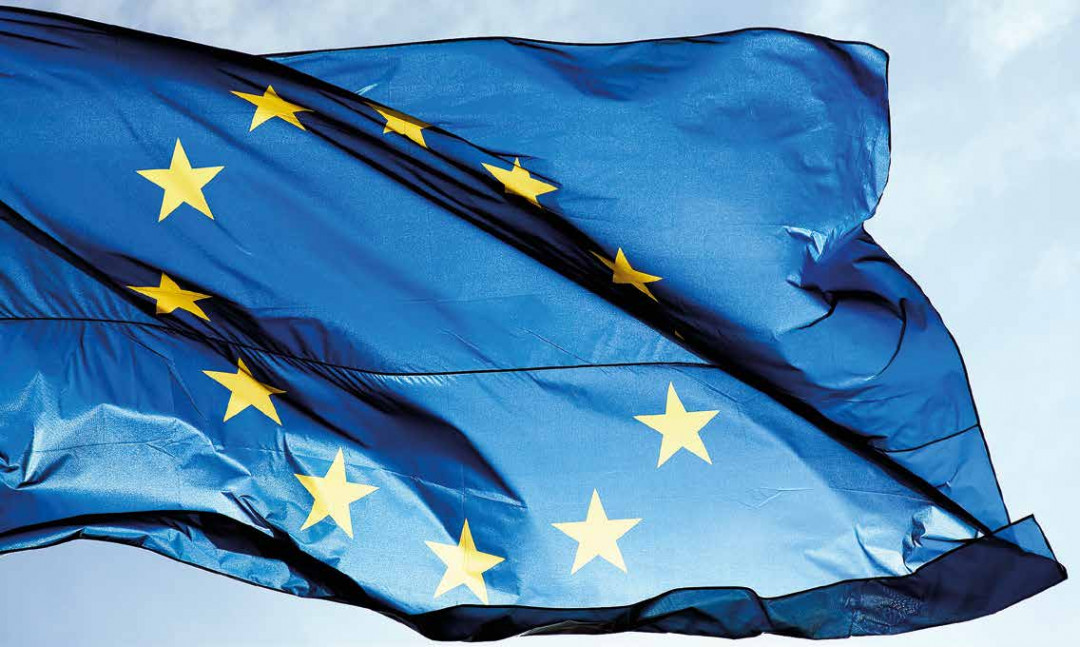
In a brief position paper, WVMetalle is calling on the EU to adapt its SME package from 2023 to the specific characteristics of medium-sized industrial companies. The BDG was involved in the drafting and strongly supports the demands.
Significantly higher thresholds for employees and turnover, as well as the introduction of a new category for medium-sized companies – so-called mid-caps – the associations are essentially calling for a reorganisation of the EU definition of SMEs. In contrast, the EU's SME package 2023 only provides for an inflation-related adjustment of the thresholds for turnover and balance sheet total.
In the opinion of the German non-ferrous metals industry association WirtschaftsVereinigung Metalle, the EU Commission is not taking the special features of the industrial SME sector into account sufficiently. This is because the discrepancy between value added and turnover is particularly large in the non-ferrous metals industry, which is characterised by SMEs and which is represented by the association alliance, due to the high material costs. The association alliance is not the only one dissatisfied with the EU Commission's solution. In April, the German, French and Italian ministers of economic affairs also called for a small mid-cap category and, as a result, for the EU SME threshold to be raised from 250 to 500 employees.
However, the WVMetalle's brief position goes well beyond the European ministers of economic affairs' initiative. It not only aims to increase the threshold for SMEs in terms of employees from < 250 to < 500, but also in terms of the turnover threshold from < 50 to < 125 million euros. And it also provides for the category of EU mid-caps, which is to be defined in line with the new EU supply chain law (CSDDD). The category thus defined would then apply to companies with between 500 and < 1000 employees and an annual turnover of between €125 and < €450 million. The demands summarised in the position paper are essentially:
- Revision of the EU SME definition as explained above
- Introduction of a mid-cap category for medium-sized companies with thresholds based on the EU Supply Chain Directive
- flexible handling of fluctuations in key company figures to provide greater planning and legal certainty
- Inclusion of affiliated companies as individual companies in the SME definition
The future viability of medium-sized companies depends to a large extent on their formal recognition as SMEs. Only then will they be able to benefit from simpler bureaucratic requirements such as SME-specific competition rules or reduced reporting obligations, from EU funding programmes or loans. With its solution, the association wants to take this into account and also enable more targeted funding programmes and relief for industrial SMEs.

